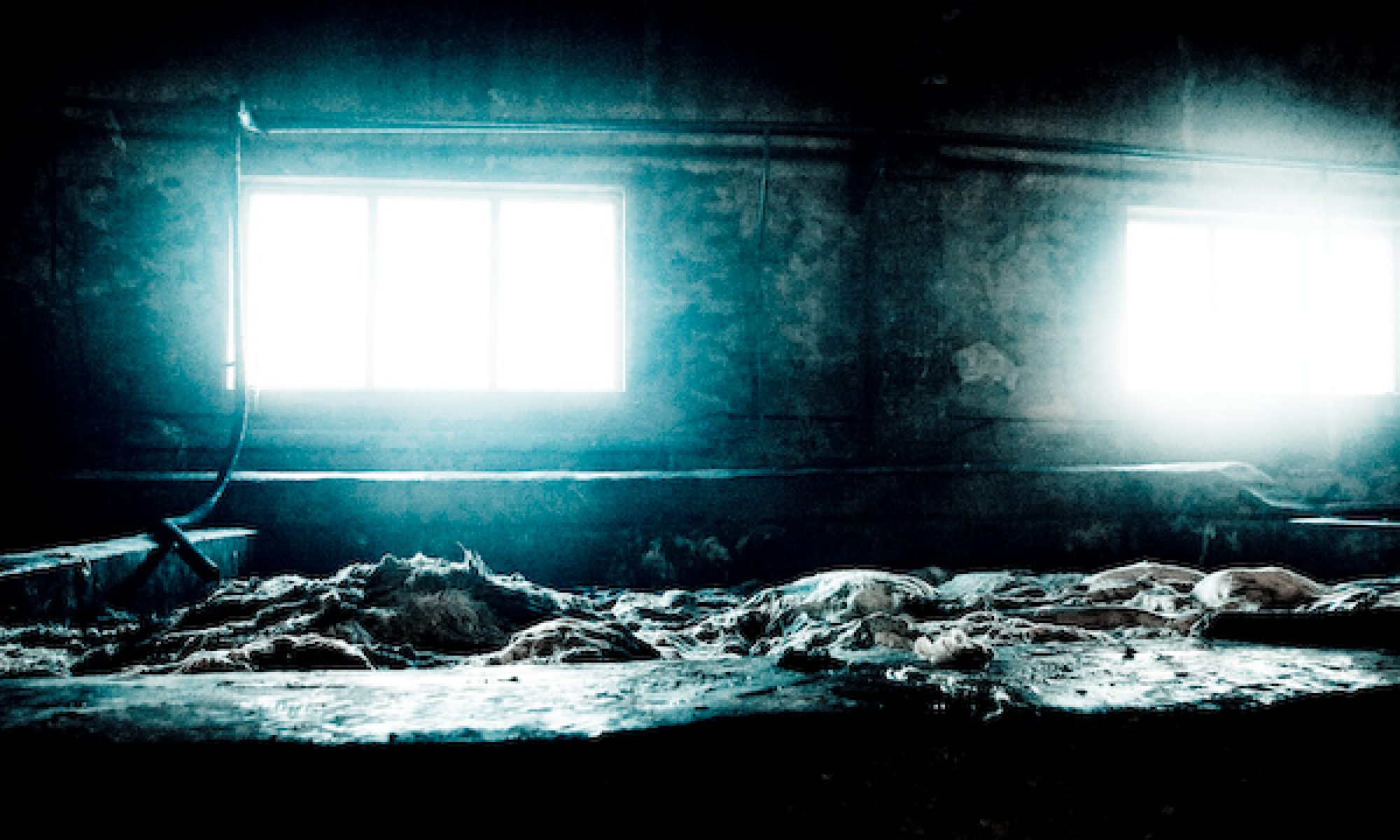So. What was EL170 for me? EL170 was a turning point, for one. It wasn’t until I wrote my creative non-fiction piece that I realized I might actually have sometime to offer as a writer, and that it might be something to consider for my future. The feedback I received on that piece, and on my writing in general caught me almost completely off-guard. For whatever reason, I had never really gotten that kind of positive reinforcement, and had moved-on through my assumed medicority.
However, from my first post my difficulties in writing were evident as well:
As I write I tend to edit, typing — delete — typing… delete. I love to craft the sentences just right, but at times the ideas fail to come. I strain, pulling what droplets I can muster from that hidden reservoir which has decided to close for the day. I see myself filling with anger, frustration, dispair. And so I do something else.
The particular circumstances of this semester were such that I was all the more prone to being slammed with a self-imposed self-perpetuating creativity block (or atom bomb). Some units were easier than others; non-fiction was difficult to find subject matter for, but once I hit on something things flowed… And I had good material. Fiction was just hard all around, and I never really felt like I got it, though I know there is lots more time to figure things out… It was frustrating to work for 3 weeks and feel like I made no real progress as far as my ability to get in the right frame of mind and get excited about what I was going to write. In general, I’ve been faced with the prospect of just writing through a sort of indifference, no matter what the unit. This most obviously takes away much of the fun of writing, unless I’m able to just barrel-on through and hit on something that brings me out.
Unit 1: Digital Stories (Reflection)
The whole process of playing writing games, creating-then-using our PUD’s, workshopping, reading and discussing, and of course blogging allowed my brain soak in the creative juices and loosen up.
The class at its outset was an eye-opener, and as such was immensely energizing. I was, and am still refreshed by how organic and creative this take on the practice of writing is&emdash;as opposed to the more analytical, and I’d say stifling versions we deal with everyday. I guess I had never thought of writing as an art. Once I label it with art, it opens up a whole new world of possibilities that just aren’t allowed for in the traditional definitions.
I very much enjoyed the multimedia aspects of the Digital Story project – it continued to take the traditional definition of writing and dump it on its head, even if seen as just an exercise of that freedom it was worthwhile. Plus it was fun.
Then came Creative Nonfiction, which was a complete revelation/revolution for me. The readings were inspirational–they made me say “Hey, you can do that?! No WAY! I want to try that!” The defining piece was my ADHD perspective-piece, where I tried to use the form and the liberties of creative non-fiction to add another dimension beyond the meanings of the words. Using the structure of the prose, much like one uses structure in a poem, allowed even more creative freedom to shape.
Fiction was a further opening up of my writing perspective, or perhaps field of view; where I could mess with form I could now mess with content, and characters, and anything else I felt like messing around with. With power comes great responsibility, I soon found out, and was often stymied by the overwhelming possibilities before me. Thusly another of my age-old dilemmas resurfaces again. In the end, I was never quite able to kick my short-story out of the rut in which it ended up, but I was still proud of what I’d created, and the process of creating it was transformative to say the least.
I’d say the most important lesson I’ve learned throughout ALL of this, is the importance of the process over the product. Being able to distance myself from the “end result”— and so also from any expectation of failure—proved the most effective means of sedation for my writing-gremlins.
EL170 has shown me that writing can be an art, and that writers can be artists. This has been very powerful for me because I’ve always loved art, but was frustrated by my lack of sheer ability in most forms that I tried. For me to realize that something I’m fairly good at—writing—could be approached with an artistic creativity was exciting to say the least.
see part two
